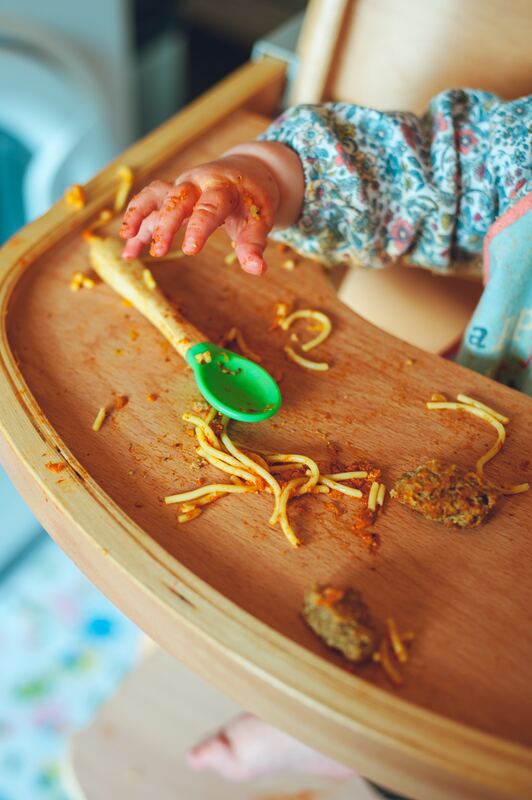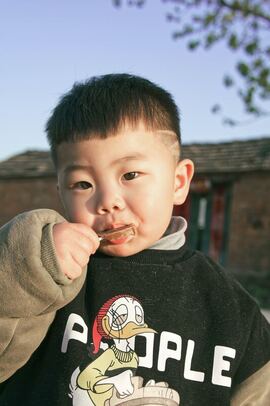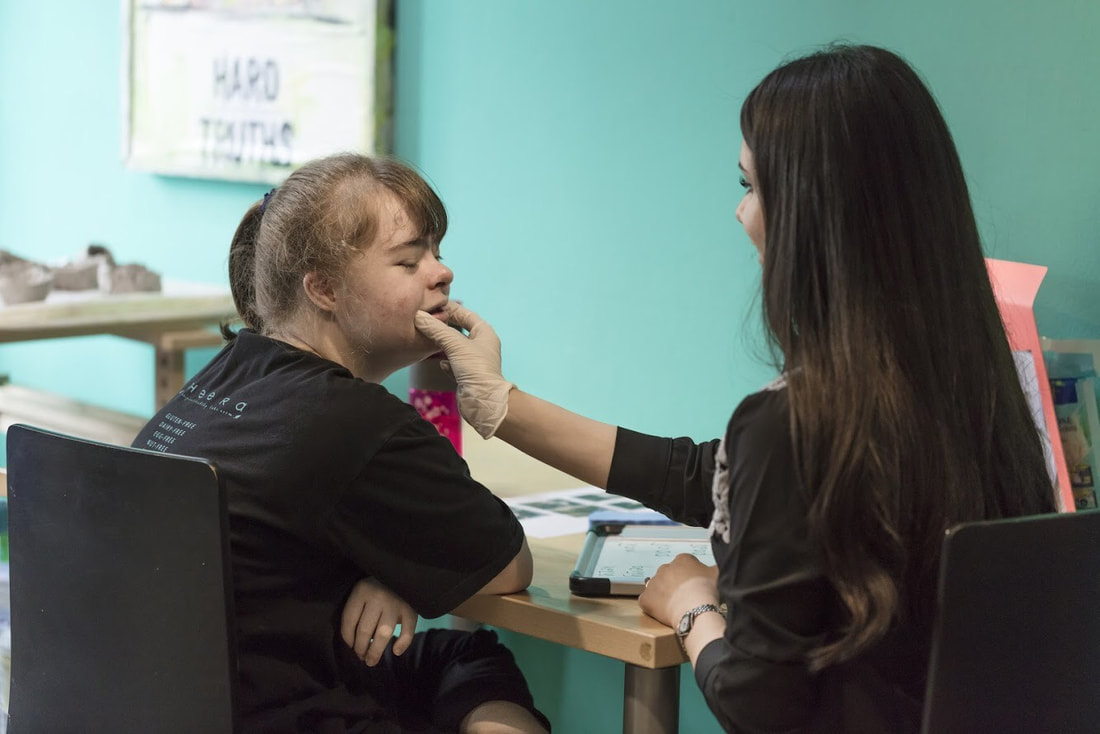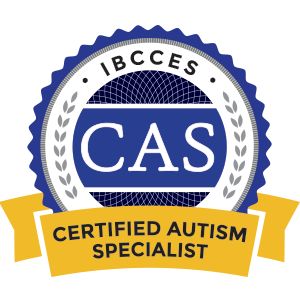|
One of the common concerns which parents express about their child's early development has to do with their eating. This may include their child refusing to eat, not eating enough or being a 'picky eater'. It is important to address these concerns as they directly impact a child's nutrition, growth and development.
This is where the SOS Feeding Approach comes in! SOS stands for Sequential Oral Sensory, an evidence based, multidisciplinary, multi-system approach developed by Dr. Kay Toomey that addresses feeding issues in children. The main objective of this approach is to prepare and support the children in learning the skills required to eat. Picky eater or Problem feeder? Some children go through a stage of refusing certain foods, some others have oral motor or sensory issues that contribute to challenges with eating. Some signs that feeding is a problem include: ● Having a limited range of foods, usually less than 20 foods ● Weight and height are lagging on growth chart ● Coughs or gags during mealtimes, or have reflux issues ● Refusing to eat food they once ate regularly ● Refusing entire food groups such as vegetables or textures such as solids ● Responding emotionally when presented with new food, such as by crying or walking away Does my child need Feeding Therapy? If you are not sure if your child needs Feeding Therapy, they may benefit from an initial Feeding Screening with S.O.S trained Therapist to evaluate their eating skills or feeding issues. The therapist can provide a personalized play-based treatment program which focuses on food to support your child in developing the skills and tolerance to progress through ‘Steps to Eating’ (listed below). The aim of this program is for your child to learn how to eat a wider variety and range of foods, to meet their nutritional needs and support their growth and wellbeing. 6 Steps to Eating: Step 1: Child tolerates the food Step 2: Child interacts with food Step 3: Child smells the food Step 4: Child touches the food Step 5: Child tastes the food Step 6: Child eats the food It is important to be mindful that eating a range of foods doesn't happen right away. Children often need to be exposed to and comfortable with food textures, smells and tastes as the initial steps. Also, it is encouraged to have a little fun and mess along the way! This article was written by guest writer, Siu Wai Wong (Mr. Leon), a bilingual Speech Language Pathologist. He has also translated the article into Traditional Chinese and Simplified Chinese languages below. Speak soon, The Expat Speechie --- 解決孩子進食問題: S.O.S 進食治療法 很多家長都有經歷過正餐時候,小朋友沒有食慾、不肯進食或者不願自己進食等的情況。到底如何幫助兒女解決飲食方面的問題呢?或許以下介紹的S.O.S進食療法會適合您的孩子。 SOS進食療法是一個有科學依據的系統性進食療法。這種方法同時強調感統和口腔肌肉在進食過程中的重要性,幫助孩子克服進食方面的障礙。 挑食 VS 進食困難? 有些孩子會在成長過程中經歷挑食的階段,僅吃幾種自己喜歡或習慣的食物,但有些有進食困難的孩子,他們的口肌或感統問題會引致以下表現:
我的子女需要進食治療嗎? 如果您擔心您孩子的飲食,請與接受過S.O.S訓練的治療師諮詢並為您的子女進行進食評估,從而提供診斷和治療方案。進食治療過程融合以食物為主的遊戲,促進孩子進食能力,如咀嚼技巧和提升他們對多種食物的接受程度,以助他們攝取足夠的營養,滿足成長所需。 學習進食不同種類和質感的食物需要時間。在治療師和家長的幫助下,小朋友可以開始學會接受和接觸更多的食物,在遊戲和感官學習的過程中逐步為他們的餐單添上色彩! --- 解决孩子进食问题: S.O.S 进食治疗法 很多家长都有经历过正餐时候,小朋友没有食欲、不肯进食或者不愿自己进食等的情况。到底如何帮助儿女解决饮食方面的问题呢?或许以下介绍的S.O.S进食疗法会适合您的孩子。 SOS进食疗法是一个有科学依据的系统性进食疗法。这种方法同时强调感统和口腔肌肉在进食过程中的重要性,帮助孩子克服进食方面的障碍。 挑食 VS 进食困难? 有些孩子会在成长过程中经历挑食的阶段,仅吃几种自己喜欢或习惯的食物,但有些有进食困难的孩子,他们的口肌或感统问题会引致以下表现:
我的子女需要进食治疗吗? 如果您担心您孩子的饮食,请与接受过S.O.S训练的治疗师咨询并为您的子女进行进食评估,从而提供诊断和治疗方案。进食治疗过程融合以食物为主的游戏,促进孩子进食能力,如咀嚼技巧和提升他们对多种食物的接受程度,以助他们摄取足够的营养,满足成长所需。 学习进食不同种类和质感的食物需要时间。在治疗师和家长的帮助下,小朋友可以开始学会接受和接触更多的食物,在游戏和感官学习的过程中逐步为他们的餐单添上色彩! Comments are closed.
|
Welcome to my blog!
|








